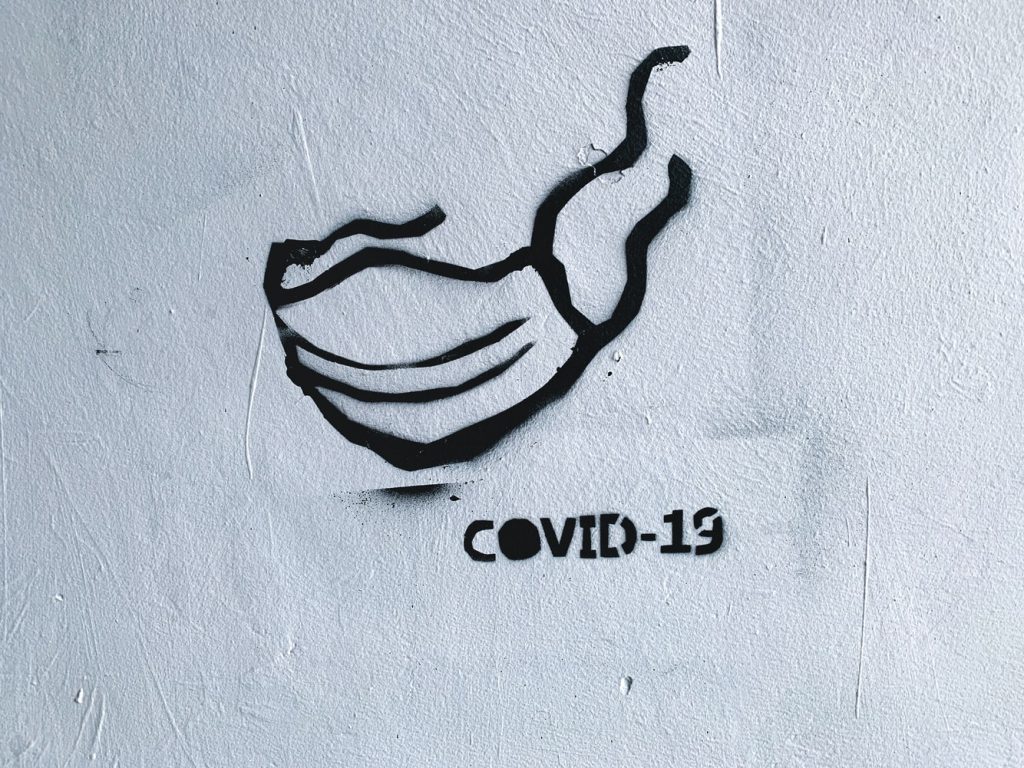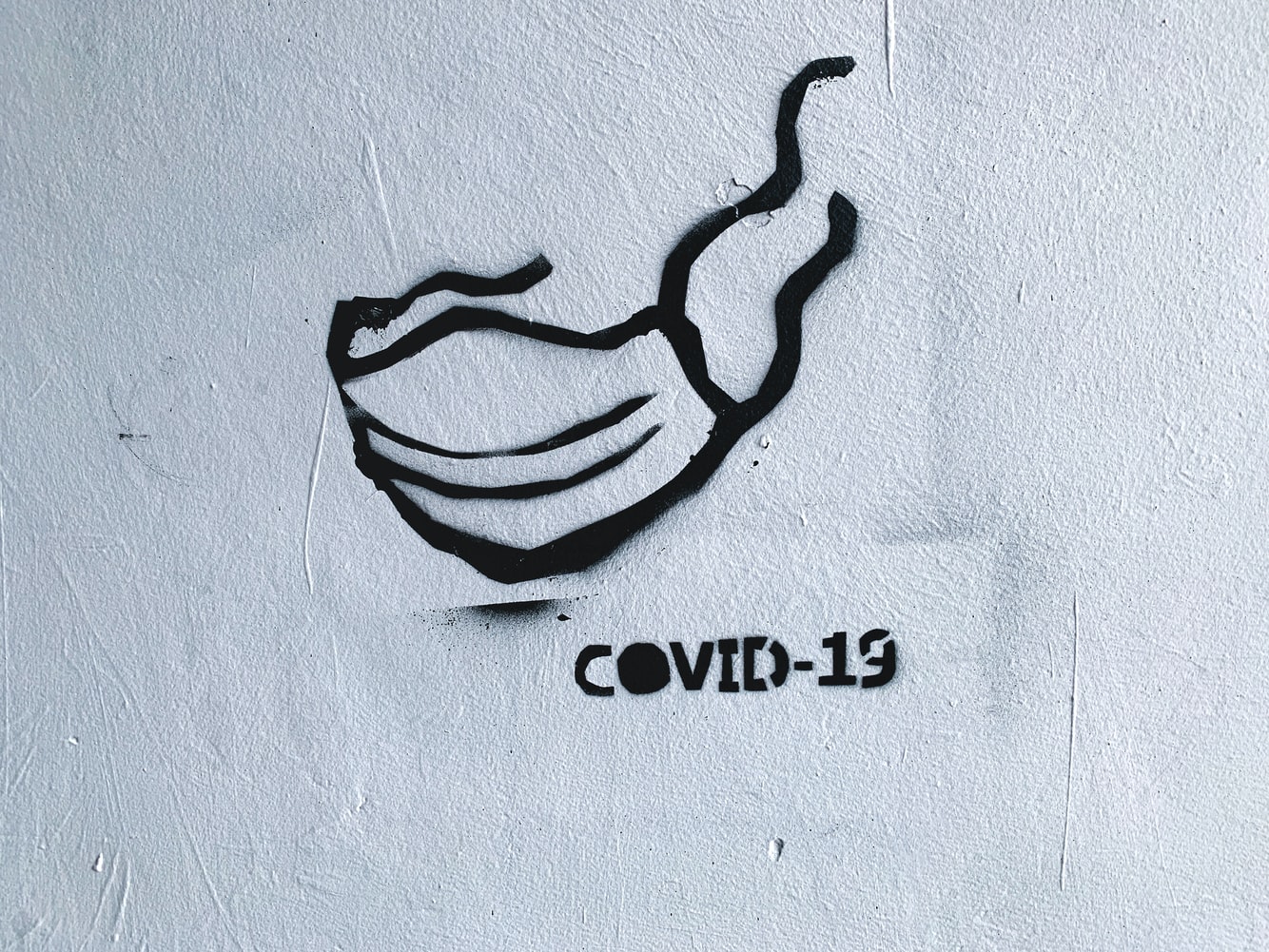By Gaik Ping (G.P.) Ooi, Senior Manager, Employee Communications and Engagement
After returning from my hometown in Malaysia in early February, I developed a head cold. What is usually considered a normal reaction to the 13-hour time change, 30-hour travel, and transition from a subtropical climate to peak winter in Chicago, became a cause for anxiety.
At that time, China was experiencing the worst of the COVID-19 outbreak, but the number of cases in the United States remained low. I wore a surgical mask to work out of courtesy and protection for others – a gesture appreciated by my Golin colleagues.
Meanwhile, in a New York subway station, a woman wearing a mask was attacked. “Don’t wear a mask,” my brother, who lives in New Jersey, urged. “Don’t make yourself a target.”
As coronavirus cases skyrocketed in the U.S., the FBI issued an official warning that cautioned a surge in Asian American hate crimes. The STOP AAPI HATE reporting center received more than 1,100 reports of coronavirus discrimination in a two-week period – a significant number of those cases taking place in grocery stores, pharmacies and big-box retail. People who look like me and my family are being “spit on, yelled at, and attacked.”
A personal friend was harassed while she shopped by a woman who called her a “Chinese virus” and to “take her defective Chinese masks back to China.” During the ordeal, no one intervened – not a fellow shopper, nor a store employee.
This is a difficult time for many. Businesses are navigating through losses, disruptions and layoffs. Essential workers are under enormous pressure to serve our communities while risking exposure. That said, their role is critical in ensuring Asian customers feel safe, not only from a virus infection but also from physical and verbal threats.
Most companies had harassment policies and training in place before COVID-19, but now it’s more important than ever for companies to take action to protect their employees and customers while safeguarding their reputation and bottom line.
Start with your employees. Dust off your policies and inclusion commitments to remind your employees of acceptable and expected behavior. Reiterate your policy against discrimination, harassment and bullying. Run a refresher training on what to do and how to report a case as a victim and ally. Have employees renew their pledge for compliance and empowerment. Depending on your internal audience, consider translating your materials in preferred languages.
Cultivate a safe space for your customers. Post visible in-store signage, in languages that cater to your customer-base, to remind them of anti-discriminatory and harassment policies. Train staff and security to be alert and familiar with established protocol so they are equipped to manage a potential scenario. The key is to de-escalate and maintain the safety of staff and customers. Encourage the victim and/or witnesses to report to authorities and the Asian Pacific Policy and Planning Council if possible.
In the U.S., 17% of active physicians are Asian; the rest of us are working production lines to ensure a continuous food supply; testing potential cures and vaccines; keeping restaurant staff employed while accruing losses; ensuring technology systems are running and secure; cleaning up patient rooms at great risk to our safety; the list goes on. The global fight against COVID-19 requires that we work together regardless of race, ethnicity, nationality, sexual orientation, economic status and political leanings. As we are all learning, the virus does not discriminate. Reverting to our “invisible, model minority” status is not an option; rushing to buy firearms, as many Asian Americans have out of fear, is not a solution.
My ask is that you – our neighbors, colleagues, employers, businesses and leaders – step up as our allies in this critical period so that we may emerge from this pandemic stronger as a united nation.
For more information on peaceful interventions, please visit the American Friends Service Committee.
*If you have questions or are seeking counsel, email G.P. at gooi2@golin.com.

